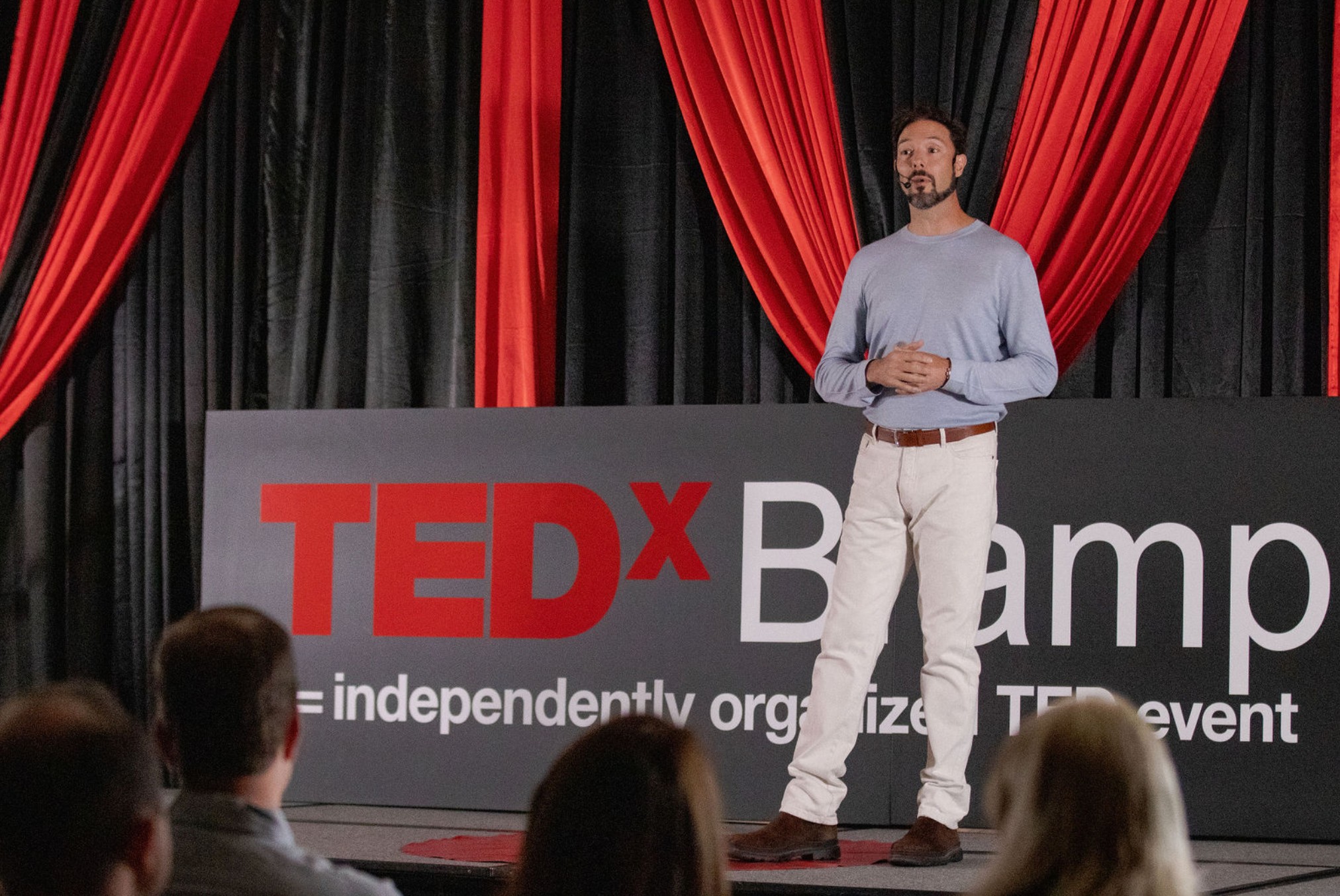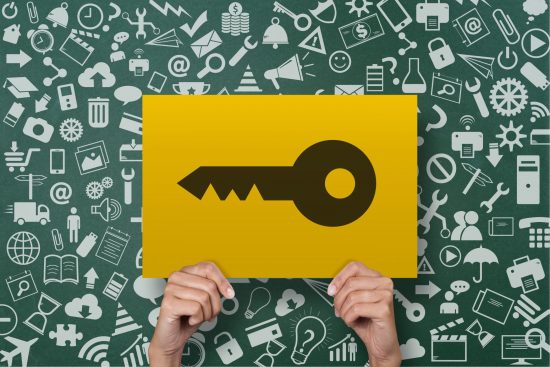Have you ever heard someone talk about making it on very little to no sleep for the sake of something important? Pulling late hours for the sake of the job? Perhaps you admired them for their willpower and determination, and thought, “well if I just sleep less, then I will have time to accomplish more in my day?” Science is now showing us just how crucial sleep is, and why we should be unapologetically, wholeheartedly uncompromising on it.
I refer you to Shawn Stevenson’s book Sleep Smarter for more details. It is, in fact, true that we should not admire those who get by on little sleep and think: “now there’s a go-getter.” Or give ourselves a pat on the back when we pull an “all-nighter.” It is so bad for us that it can actually undermine proper diet and exercise. It is the foundation on which proper health is built upon. Try to view working late nights as a last resort, only to be pulled out during emergencies and hard deadlines. Unless it is one of those two, you are better off getting the right amount of sleep and doing the work the following morning with all of your gears turning and faculties fully functioning.
“It is health that is real wealth and not pieces of gold and silver” Mahatma Gandhi
We still have not found an animal in nature that does not sleep in some way, shape, or form. Unless you have an extremely rare gene that allows you to function well on very little sleep you should seriously examine the amount of time that you sleep. And you should probably extend it…. the foundation of your health depends upon it.
It is widely agreed that the correct quantity of sleep is seven and a half to nine hours. Almost no one can be alright with less. The average amount of time that Americans are spending sleeping is far too little. We average six point eight hours of sleep. This is very sub-optimal . In the U.S. more and more people are surviving on less that the recommended amount of sleep. That number is up to forty percent. If you aren’t getting enough sleep it can lead to temporary cognitive impairment.
Our sleep is our foundation, much like how Alexander the Great was the foundation of his empire. He was the driving force behind it. The glue that held it together. When he died it descended into disarray. He was the linchpin in the whole thing. Normally, we never want things in life to depend on one thing, but with our sleep we have no choice. It is our linchpin, so we can either take care of it or watch things slowly deteriorate. Ergo, we have to guard it like the precious treasure that it is.
“The first wealth is health” Ralph Waldo Emerson
In addition to health issues. Our average amount of time asleep is down from the early twentieth century, when it was in the optimal range. Melatonin is the chemical that your brain produces to make you feel sleepy and let you know when is is time to rest and recharge. Our modern world is full of sources of artificial light that disrupt our Melatonin.
The blue light from electronics disrupts our natural Melatonin production after sunset by two hours. So that means your brain cannot produce melatonin for two hours, which disrupts our natural sleep cycles. Artificial light, even light bulbs, also messes up our sleep cycles because we are naturally supposed to go to bed when the sun sets, and rise when it does. If we think about all the artificial light that we are exposed to after sun down, it is no wonder that we are getting less sleep than we are supposed to.
A solution to this problem is to do, as Brian Johnson says, a “digital sunset.” When the sun goes down the screens turn off. And soon after the all forms of artificial light follow suit. This is far better for our sleep cycles. You should also limit screen time throughout the day. Late night eating has also been shown to be linked to poor sleep, so get your meals in well before going to sleep. Any source of light in the room at night can disrupt your sleep.
Even the humble alarm clock light will affect you. Your best sleep will come in a completely dark room. The world’s greatest athletes prioritize and optimize their sleep so if you want to get the most out of your waking hours, you should sleep the way you were to meant to. It is necessary to sacrifice some late-night entertainment for our health, and we should do this without even so much as a second thought.
To sum all of this up: we are getting too little sleep, and our health will suffer if we do not get enough sleep. 40% of us do not get enough sleep. Not getting enough sleep so bad for us that it can undermine proper diet and exercise. Screens are bad for our sleep cycles, and we should do a digital sunset. It is best to sleep in a pitch black room. You can be more productive if we get the proper amount of sleep. The right amount of sleep is seven and a half to nine hours. We should be uncompromising on our sleep.
Our challenge to you is to get eight hours of sleep on three consecutive nights this week. If life has you staying up late, then you have to rearrange your schedule for the sake of your own health. You have to make the room where you sleep pitch black or as close as possible. Put tape over the light on your clock, if necessary. Then, every next week you have to add a day where you are getting eight hours of sleep, until eight hours of sleep per night becomes your new habit. Until it becomes the new norm.




